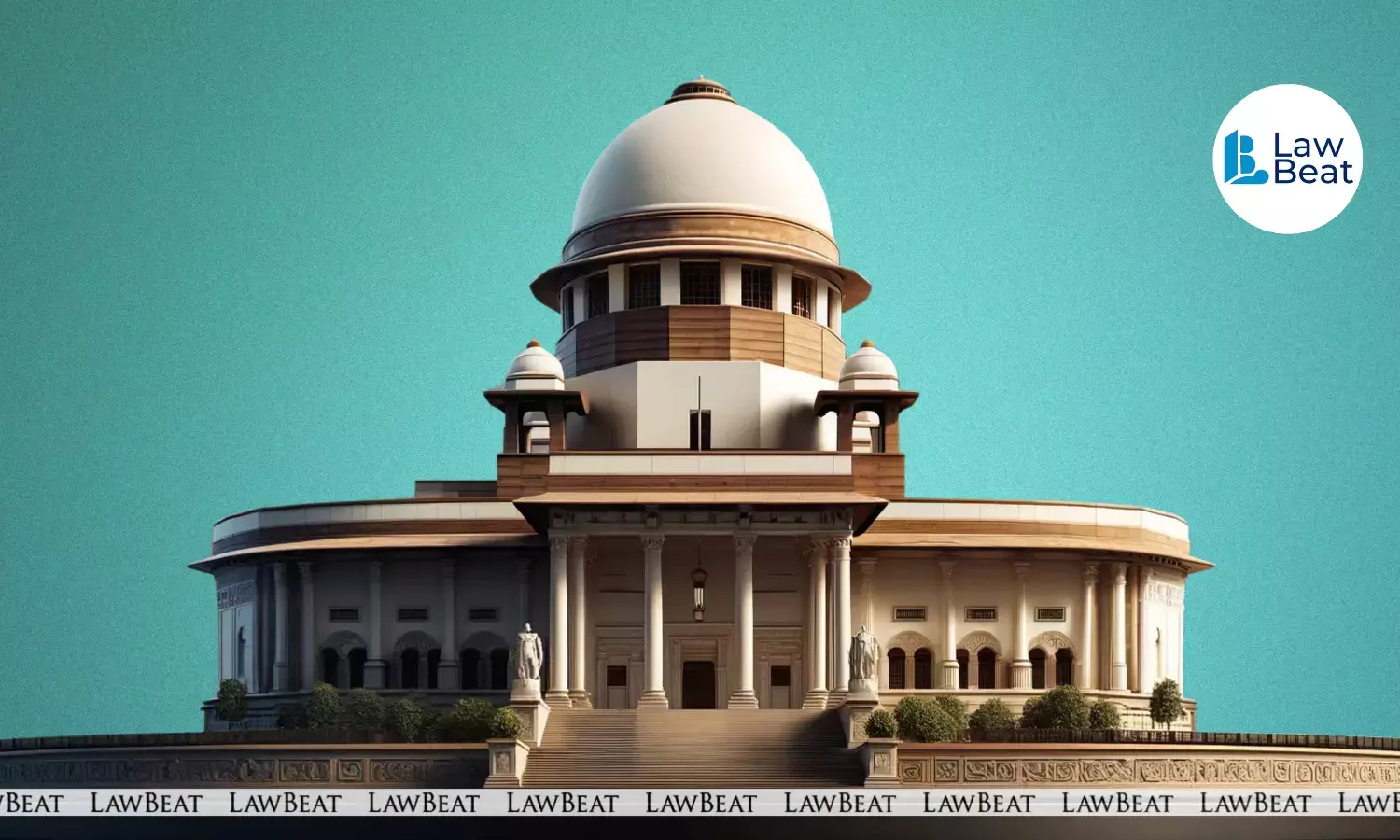“This Is Not A Dharmshala”: Supreme Court Refuses Sri Lankan National’s Plea To Stay In India

The Supreme Court on Monday declined a plea by a Sri Lankan Tamil national seeking refuge in India after completing a sentence under the Unlawful Activities (Prevention) Act (UAPA), firmly observing that India is not a "dharamshala" to entertain refugees from across the world.
The Bench of Justice Dipankar Datta and Justice K. Vinod Chandran made the oral observation while hearing the petition challenging a Madras High Court order, which had directed the petitioner to leave India immediately upon completing his seven-year sentence.
“This is not a dharamshala that we can entertain foreign nationals from all over,” remarked Justice Datta, underlining that the country, already grappling with a population of 140 crore, cannot accommodate foreign nationals indefinitely.
Facts of the Case
The petitioner, a Sri Lankan Tamil who had entered India on a visa, was arrested in 2015 on allegations of being linked to the now-defunct Liberation Tigers of Tamil Eelam (LTTE).
In 2018, he was convicted by a trial court and sentenced to 10 years in prison under the UAPA. This was subsequently reduced to seven years by the Madras High Court in 2022, which also directed that he be kept in a refugee camp pending deportation after serving his term.
Appearing before the Court, the petitioner’s counsel argued that the deportation process had not yet begun, even though the petitioner had been under detention for nearly three years after completing his sentence. The petitioner also cited threats to his life in Sri Lanka and stated that his wife and children were settled in India.
Invoking Article 21 (protection of life and personal liberty) and Article 19 (freedom of movement and residence), the petitioner argued for the right to stay in India.
Court's Observations
However, the Court dismissed these submissions, clarifying that Article 19 applies only to Indian citizens, and Article 21 was not violated, since the detention was in accordance with law.
“What is your right to settle here?” Justice Datta asked, adding that if the petitioner feared for his life in Sri Lanka, he should seek refuge in another country.
With this, the Court effectively upheld the Madras High Court’s direction and refused to intervene, reinforcing that India is under no constitutional obligation to grant asylum or permanent stay to foreign nationals convicted under anti-terror laws.
Case Title: Subaskaran @ Jeevan @ Raja @ Prabha v. State [Diary No. 21310-2025]
[Inputs: Times Now]
